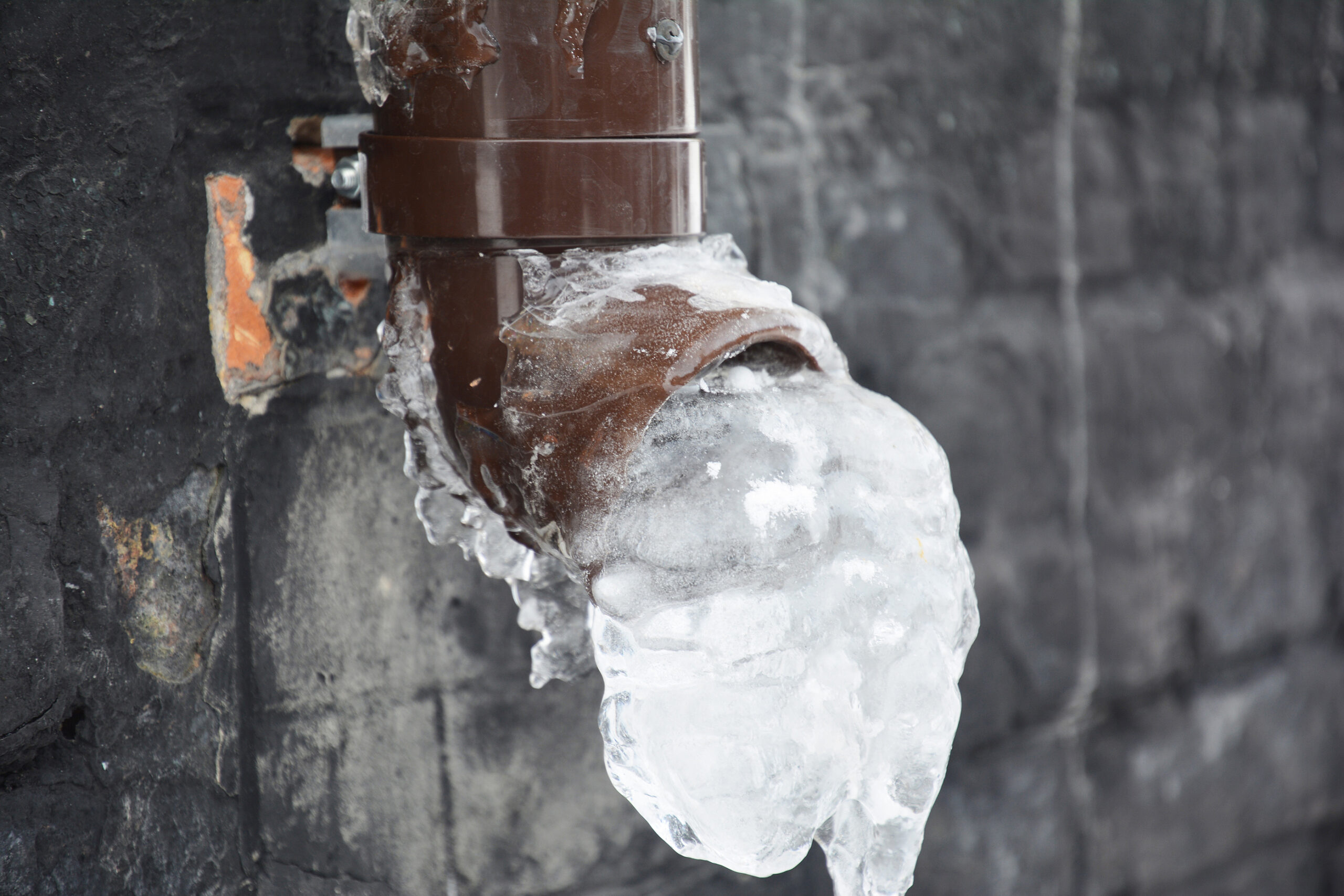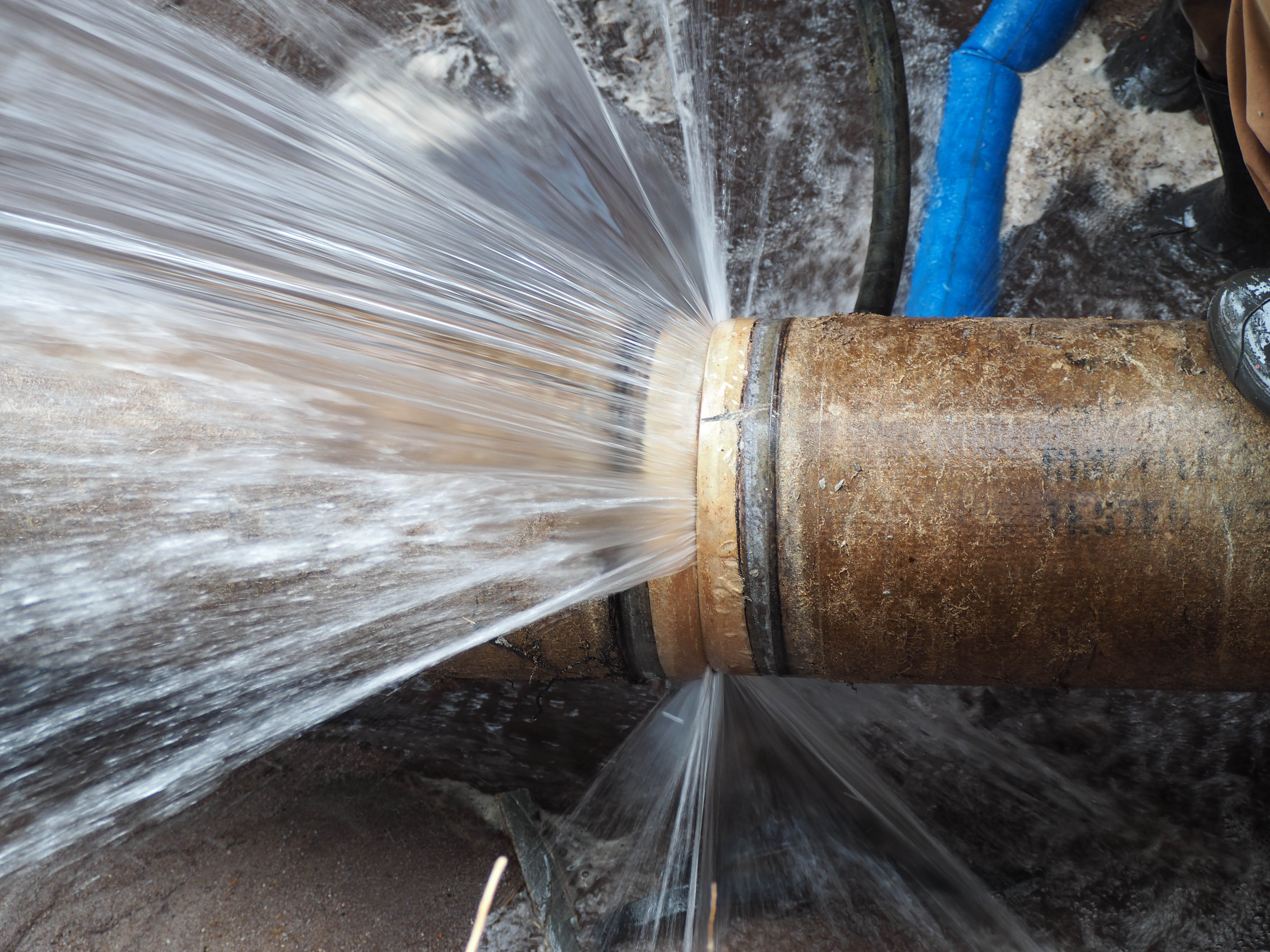Avoiding Frozen Plumbing in Winter: Professional Advice
Avoiding Frozen Plumbing in Winter: Professional Advice
Blog Article
They are making a number of good points on the subject of Prevent Frozen Pipes overall in the content further down.

Cold weather can damage your pipes, specifically by freezing pipes. Below's exactly how to avoid it from happening and what to do if it does.
Introduction
As temperatures decline, the risk of icy pipes increases, potentially bring about pricey repairs and water damage. Comprehending exactly how to avoid frozen pipes is critical for property owners in chilly climates.
Avoidance Tips
Insulating susceptible pipelines
Cover pipelines in insulation sleeves or utilize heat tape to secure them from freezing temperature levels. Concentrate on pipelines in unheated or outside areas of the home.
Home heating methods
Keep indoor rooms properly heated, specifically areas with pipes. Open closet doors to allow cozy air to distribute around pipes under sinks.
Just how to identify icy pipelines
Seek decreased water flow from taps, unusual odors or sounds from pipes, and visible frost on revealed pipelines.
Long-Term Solutions
Structural changes
Think about rerouting pipelines away from outside wall surfaces or unheated locations. Add added insulation to attics, basements, and crawl spaces.
Upgrading insulation
Buy high-quality insulation for pipelines, attic rooms, and wall surfaces. Appropriate insulation assists maintain regular temperature levels and decreases the threat of frozen pipelines.
Safeguarding Exterior Plumbing
Yard tubes and exterior taps
Detach and drain pipes garden hose pipes before winter. Mount frost-proof spigots or cover outdoor taps with protected caps.
Recognizing Icy Pipes
What creates pipes to ice up?
Pipes freeze when revealed to temperatures below 32 ° F (0 ° C) for prolonged durations. As water inside the pipes freezes, it expands, putting pressure on the pipeline walls and potentially creating them to rupture.
Threats and problems
Icy pipes can cause supply of water interruptions, home damages, and costly repairs. Ruptured pipelines can flooding homes and trigger comprehensive structural damage.
Signs of Frozen Pipes
Determining icy pipelines early can prevent them from rupturing.
What to Do If Your Pipelines Freeze
Immediate activities to take
If you presume icy pipelines, maintain taps available to eliminate stress as the ice melts. Use a hairdryer or towels soaked in warm water to thaw pipes slowly.
Verdict
Avoiding icy pipelines requires proactive measures and fast actions. By understanding the reasons, signs, and preventive measures, home owners can safeguard their pipes during winter.
5 Ways to Prevent Frozen Pipes
Drain Outdoor Faucets and Disconnect Hoses
First, close the shut-off valve that controls the flow of water in the pipe to your outdoor faucet. Then, head outside to disconnect and drain your hose and open the outdoor faucet to allow the water to completely drain out of the line. Turn off the faucet when done. Finally, head back to the shut-off valve and drain the remaining water inside the pipe into a bucket or container. Additionally, if you have a home irrigation system, you should consider hiring an expert to clear the system of water each year.
Insulate Pipes
One of the best and most cost-effective methods for preventing frozen water pipes is to wrap your pipes with insulation. This is especially important for areas in your home that aren’t exposed to heat, such as an attic. We suggest using foam sleeves, which can typically be found at your local hardware store.
Keep Heat Running at 65
Your pipes are located inside your walls, and the temperature there is much colder than the rest of the house. To prevent your pipes from freezing, The Insurance Information Institute suggests that you keep your home heated to at least 65 degrees, even when traveling. You may want to invest in smart devices that can keep an eye on the temperature in your home while you’re away.
Leave Water Dripping
Moving water — even a small trickle — can prevent ice from forming inside your pipes. When freezing temps are imminent, start a drip of water from all faucets that serve exposed pipes. Leaving a few faucets running will also help relieve pressure inside the pipes and help prevent a rupture if the water inside freezes.
Open Cupboard Doors
Warm your kitchen and bathroom pipes by opening cupboards and vanities. You should also leave your interior doors ajar to help warm air circulate evenly throughout your home.

I'm certainly very interested in How to Prevent Your Pipes From Freezing and I am hoping you enjoyed the entire post. Sharing is nice. Helping people is fun. I truly appreciate your readership.
Top Article Report this page